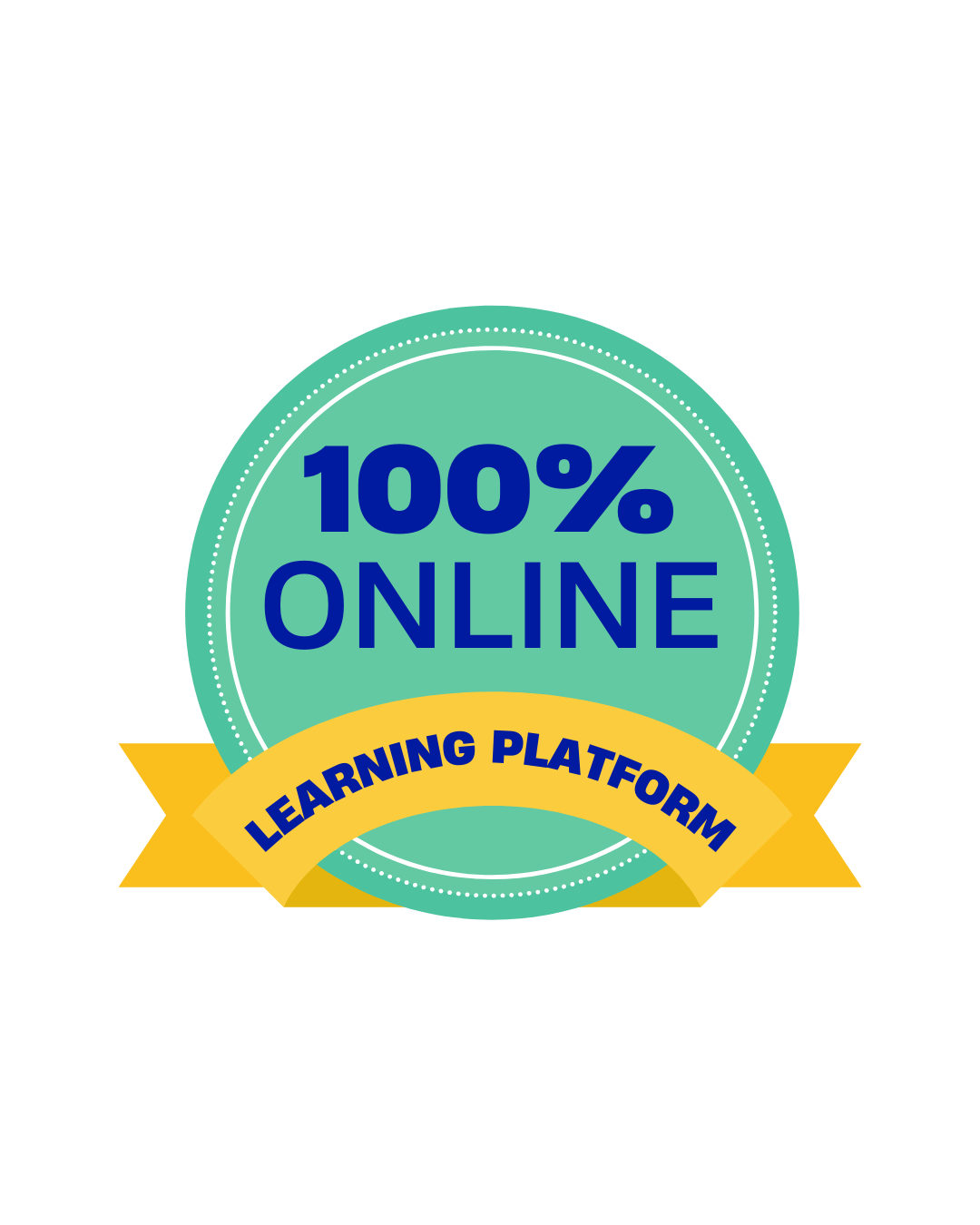
Embracing Opportunities: German Language The Economic Powerhouse
In an increasingly globalized world, multilingualism is not just an asset but a necessity. Among the various languages that can bolster one's career prospects, German stands out for its cultural, economic, and scientific significance. As the most spoken native language in Europe and a key language in numerous global industries, German offers a plethora of career opportunities for those who master it. Beyond career advantages, learning German enriches personal experiences and cognitive abilities, making it a valuable investment in one's future. As the world continues to globalize, mastering German is a strategic step towards a successful and fulfilling career. Today here we will delves into the diverse career paths available for German speakers and the benefits of embracing the German language.
The Economic Powerhouse: Why German? Germany is Europe's largest economy and the fourth largest worldwide, making German a critical language for international business and trade. The country is renowned for its robust industries, particularly in automotive, engineering, pharmaceuticals, and finance. Learning German opens doors to multinational companies such as BMW, Siemens, and Deutsche Bank, which frequently seek bilingual employees who can navigate both local and global markets. Career Paths for German Language Seeker • Translation and Interpretation: One of the most direct applications of German language skills is in translation and interpretation. Professionals in this field work in various settings, including government agencies, international organizations, and private enterprises. They facilitate communication between German-speaking clients and their counterparts from different linguistic backgrounds, ensuring accuracy and cultural sensitivity. • International Business and Trade: Proficiency in German is a significant advantage in international business roles. Companies engaged in trade with German-speaking countries value employees who can negotiate deals, understand market trends, and build relationships with German- speaking partners. Roles in export/import, international sales, and business development are particularly relevant. • Tourism and Hospitality: The tourism and hospitality industry thrives on communication and cultural exchange. German-speaking tourists are among the world's most avid travelers, and hospitality businesses benefit from staff who can speak their language. Careers in this sector include tour guides, hotel management, and customer service roles, where language skills enhance guest experiences. • Education and Academia: With a high demand for German teachers globally, careers in education offer another rewarding path. Teaching German as a foreign language in schools, universities, or private institutions allows individuals to share their knowledge and passion while fostering cross-cultural understanding. Additionally, proficiency in German is beneficial for academic careers, particularly in fields such as history, philosophy, and literature. • Engineering and Technology: Germany's reputation as a leader in engineering and technology makes German language skills valuable for engineers and tech professionals. Companies often look for engineers who can collaborate with German counterparts on projects, research, and development. This is especially true in automotive engineering, renewable energy, and information technology sectors. • Media and Journalism: For those interested in media, journalism, and communication, German language skills open up opportunities in international news agencies, publishing houses, and media companies. Bilingual journalists can cover stories that require a deep understanding of the German-speaking world, contributing to global news dissemination and cultural exchange.











